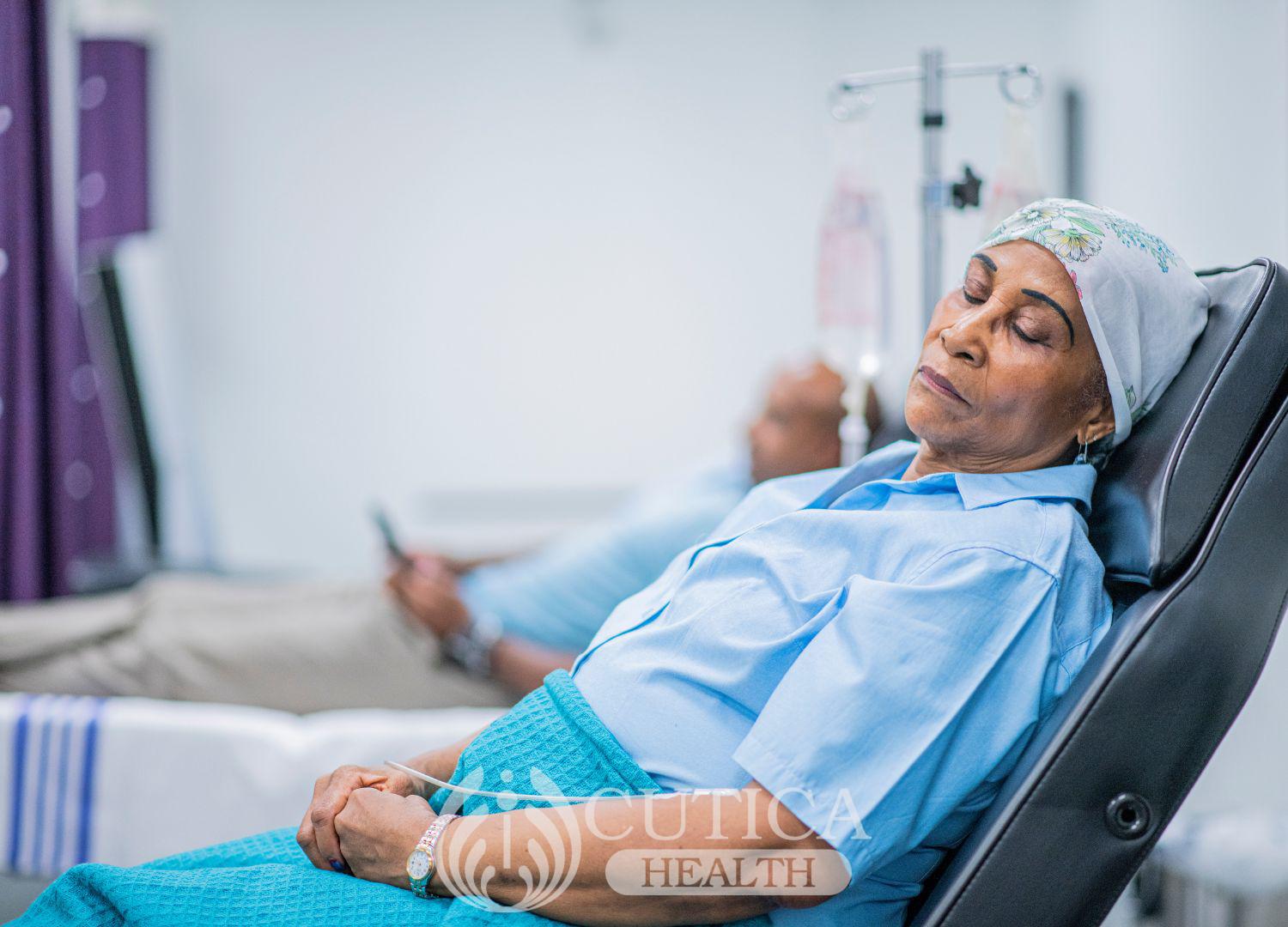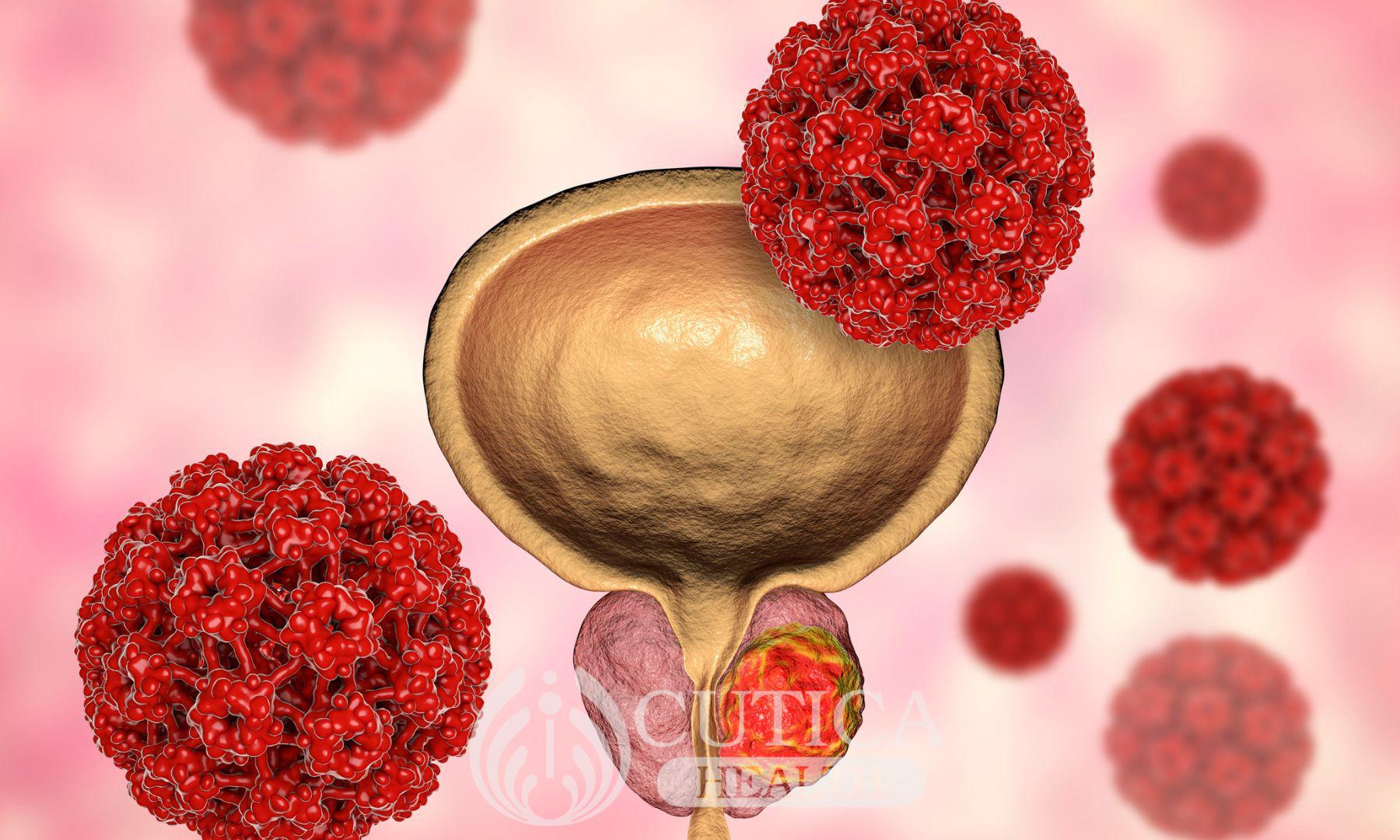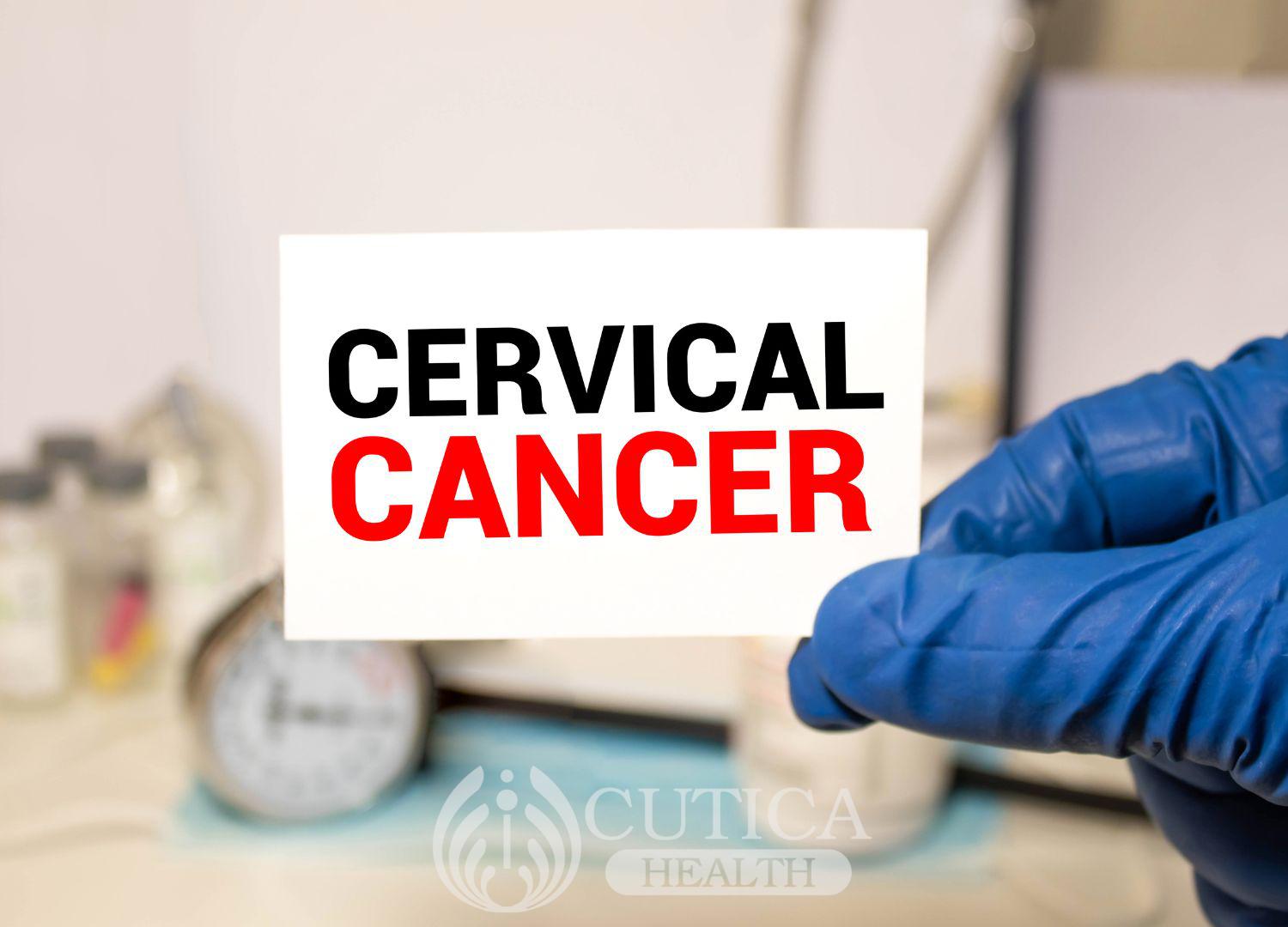
It was a typical Monday morning when Jane received the phone call that would change her life forever. Her doctor informed her that the lump she had found in her breast was indeed cancerous. Jane was shocked and scared, but she knew she had to fight.
After a few weeks of testing and consultations, Jane began her cancer treatment. She underwent surgery to remove the tumor, followed by rounds of chemotherapy and radiation. The treatment was harsh, but Jane was determined to beat the disease.
As the months passed, Jane slowly started to feel better. Her hair grew back, and her energy levels increased. She was finally able to return to her routine, but she knew that her journey was far from over.
Most cancers, when caught early, can be treated and eliminated. Cancers are often treated with either medicines, surgery, radiation, or a combination of these methods. While cancer treatment can restore health and limit recurrence of the tumors, it does come with serious side effects.
Effects of cancer medications
Cancer treatment, called chemotherapy or chemo, can take a toll on the body, both physically and emotionally. Common physical effects include:
- Fatigue
- Nausea
- Hair loss
- Vomiting
- Dry skin
- Pain

These symptoms can make it difficult for cancer survivors to return to their normal activities, but with the help of their healthcare team, they can work to manage these side effects and improve their quality of life. Not all cancer treatments have these side effects, and their severity varies among those who do.
Cancer not only affects the body but also the mind. Many cancer survivors experience emotional challenges such as:
- Depression
- Anxiety
- Fear of recurrence
- Obsessive compulsion
These emotions are normal and are a part of the healing process. It's important for cancer survivors to talk to their healthcare team about these feelings and to seek professional help if necessary.
Life after cancer treatment
For cancer survivors, life after treatment can be filled with challenges and triumphs. Many survivors experience a new appreciation for life and are grateful for the opportunity to live another day. However, life after cancer can also be challenging. Cancer survivors may experience physical limitations, emotional challenges, and the fear of recurrence. They may also feel isolated and lonely as they try to navigate this new phase of their lives.
Support is key
One of the essential tips for cancer survivors is to get support. This support can come from family, friends, and healthcare professionals. It's also important for cancer survivors to connect with others who understand what they're going through. Support groups and online communities can provide a sense of community and help survivors feel less alone.
Take charge of your health
Cancer survivors can take control of their health and make positive changes. This may include:
- Eating a healthy diet
- Exercising regularly
- Getting enough sleep
- It is also crucial for survivors to have regular follow-up appointments with their healthcare team to monitor for signs of a recurrence.
Conclusion
Surviving cancer is a journey that requires strength, determination, and support. Cancer survivors may experience physical and emotional challenges, but with the help of their healthcare team, they can work to manage these side effects and improve their quality of life. Support from family, friends, and other survivors is crucial, and cancer survivors can take control of their health and make positive changes. Remember, you are not alone in your journey to recovery. 












